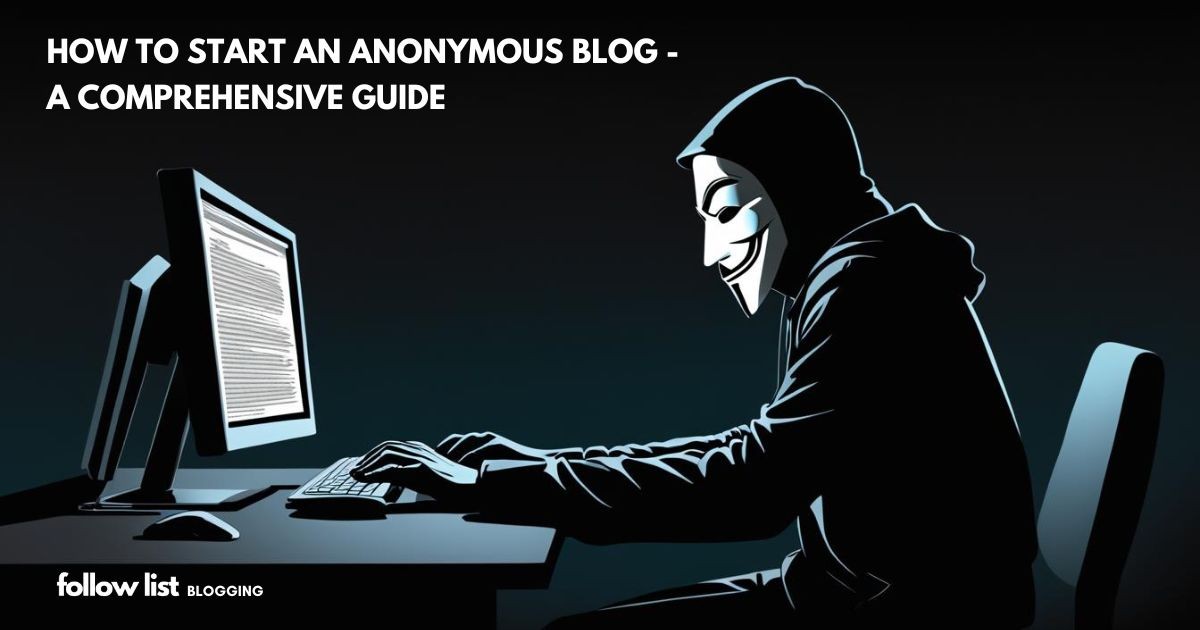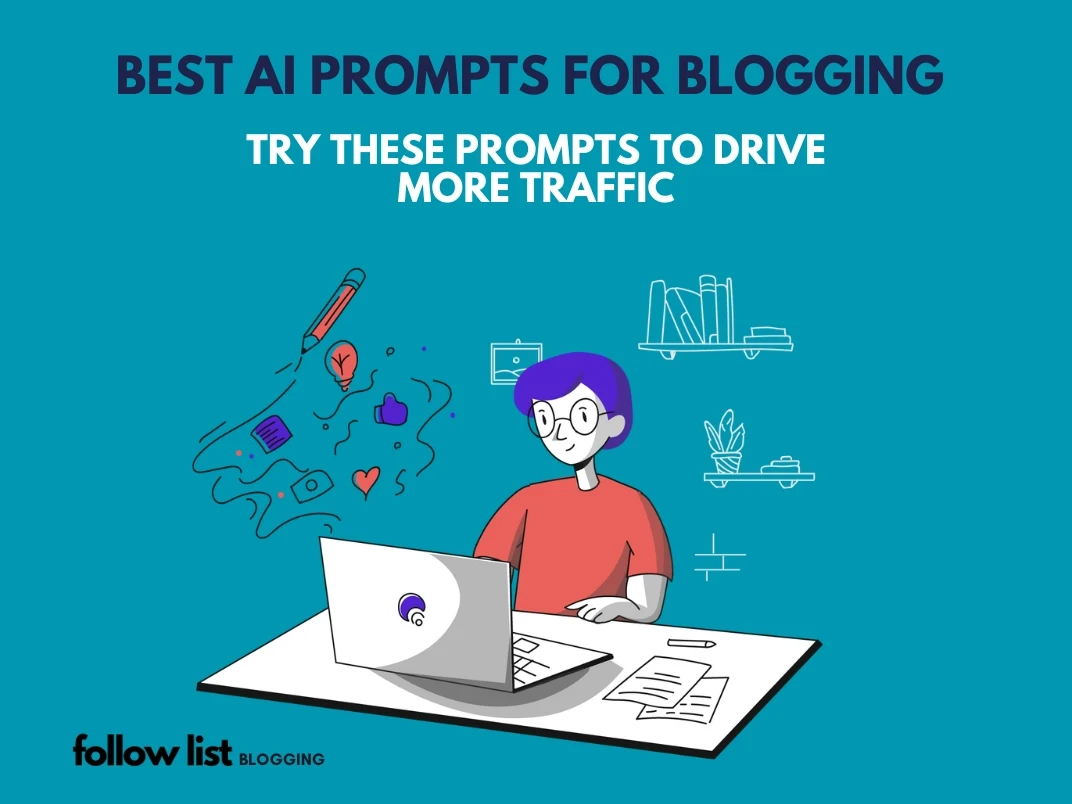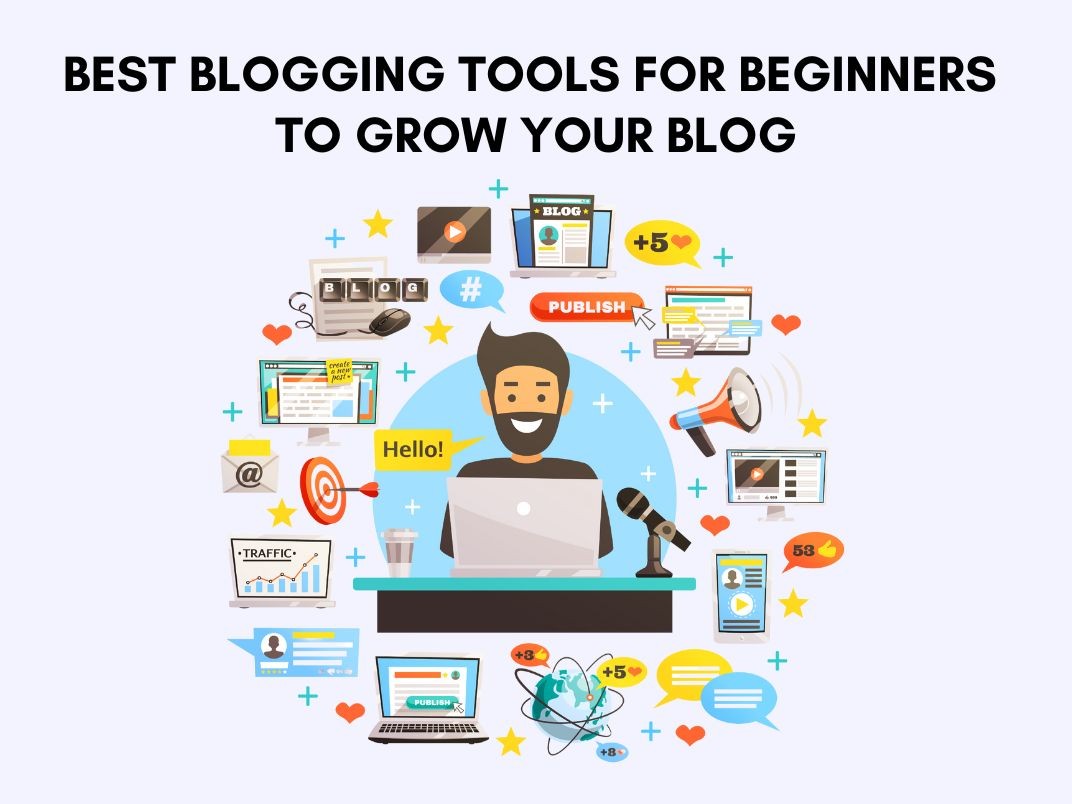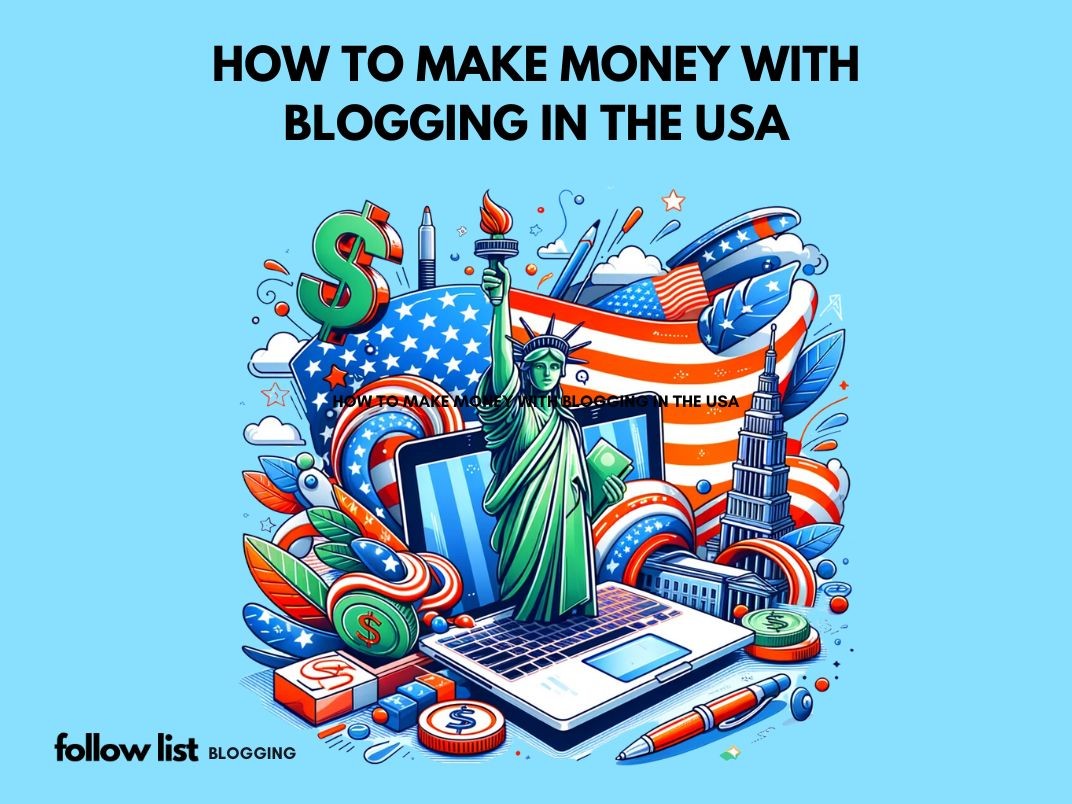
Table of Contents
Listen to this article
How to Start an Anonymous Blog - A Comprehensive Guide
Starting an anonymous blog is an ideal way to freely express yourself without the fear of judgment or professional risks. Whether you want to share your thoughts on sensitive topics, discuss personal experiences, or simply explore a hidden identity, creating an anonymous blog provides a platform for you to communicate openly while keeping your real identity confidential.
In this comprehensive guide, we will delve into the crucial steps you need to take to start an anonymous blog and maintain your privacy throughout the process. From establishing your online identity to choosing the right blogging platform, investing in a VPN, handling web hosting and domain registration, writing and publishing anonymously, monetization options, to being cautious about social media, we will cover all the essential aspects to help you create a successful anonymous blog.
A shadowy figure sitting at a computer desk, surrounded by darkness and wearing a mask to conceal their identity. The computer screen displays the homepage of an anonymous blog, with just enough text visible to hint at the content within. The figure's hands are typing furiously, indicating the passion and dedication that goes into maintaining an anonymous blog. The overall mood is mysterious and exhilarating, promising a thrilling and potentially risky journey for those who dare to delve into the world of anonymous blogging.
Key Takeaways:
-
Starting an anonymous blog allows you to express yourself freely without the fear of judgment or professional risks.
-
Establish a separate online identity with an anonymous email account and social media accounts using an alias or blog name.
-
Choose a blogging platform like WordPress, Blogger, or Ghost that respects your privacy and doesn't require personal information for registration.
-
Invest in a reliable VPN service to hide your real IP address and encrypt your internet connection for enhanced anonymity.
-
Select web hosting services that accept cryptocurrency or other anonymous payment methods to maintain complete anonymity.
Establish Your Online Identity
To start an anonymous blog, it's important to establish a separate online identity. This involves creating an anonymous email account that doesn't contain any personal information.
Platforms like ProtonMail provide end-to-end encryption for your emails, ensuring the security and privacy of your communication. By using an anonymous email service, you can maintain confidentiality and protect your real identity from being linked to your blog.
Additionally, you should create separate social media accounts for your anonymous blog. These accounts should be specifically dedicated to your blog, using a blog name or alias instead of your personal information. This will help you maintain a clear separation between your real identity and your anonymous online presence.
Choose the Right Blogging Platform
Choosing the right blogging platform is crucial for maintaining your anonymity. Thankfully, there are several popular options available that respect your privacy and prioritize your security. When selecting a blogging platform for your anonymous blog, consider platforms like WordPress, Blogger, and Ghost.
WordPress is widely recognized as one of the most versatile and customizable blogging platforms available. It offers various themes and plugins that allow you to tailor your blog to your specific needs and preferences. Since WordPress doesn't require personal information during the registration process, it is an excellent choice for those seeking anonymity.
Blogger, a platform owned by Google, is another popular choice for anonymous bloggers. It offers a user-friendly interface and effortless integration with other Google services. Like WordPress, Blogger places a strong emphasis on privacy and allows you to blog without revealing your real identity.
Ghost, a minimalist blogging platform, is designed specifically with writers in mind. It offers a distraction-free writing experience and provides an array of customization options. Ghost prioritizes anonymity and does not require personal information during registration, making it a suitable choice for those looking for a secure and private blogging platform.
When choosing a blogging platform, consider your specific requirements, such as the level of customization you desire and the ease of use. All three platforms mentioned above offer the essential features needed to create and manage an anonymous blog while maintaining your privacy.
Now that you understand the importance of selecting the right blogging platform, let's move on to the next section, where we will discuss the significance of investing in a Virtual Private Network (VPN) to ensure maximum anonymity and privacy.
Invest in Virtual Private Network (VPN) Services
When it comes to maintaining anonymity online, investing in a Virtual Private Network (VPN) is essential. A VPN provides a secure and private connection, ensuring that your internet activities remain anonymous and your IP address remains hidden from prying eyes.
By using a VPN, you can encrypt your internet connection, making it difficult for anyone to trace your online activities back to you. It creates a secure tunnel between your device and the internet, preventing hackers, ISPs, and even government agencies from monitoring and tracking your online presence.
With a VPN, you can browse the internet with peace of mind, knowing that your personal information and online activities are protected from potential threats and invasions of privacy. It adds an extra layer of security to your internet connection, giving you the freedom to access online content without the worry of being tracked or identified.
When choosing a VPN service, it's important to select a reliable provider that offers high-level encryption and follows a strict no-logs policy. Look for VPNs that have a large server network, allowing you to connect to different locations around the world and access geo-blocked content.
Additionally, consider the speed and performance of the VPN, as a slow internet connection can hinder your online experience. Some popular VPN providers that offer excellent privacy and performance include ExpressVPN, NordVPN, and CyberGhost.
Investing in a VPN is a crucial step in safeguarding your anonymity and protecting your online activities. By encrypting your internet connection and hiding your IP address, a VPN ensures that your online presence remains private and secure.
Web Hosting and Domain Registration
To maintain complete anonymity for your anonymous blog, selecting the right web hosting service and domain registration process is crucial. By opting for services that accept cryptocurrency or other anonymous payment methods, you can ensure that no personal information is linked to your hosting account.
When choosing a web hosting provider, look for those that prioritize privacy and offer secure, encrypted transactions. This way, you can protect your identity and maintain your anonymity throughout the registration process.
Furthermore, it's important to select a blogging platform that allows you to connect to your domain without revealing your true identity. To achieve this, choose a blog and domain name that have no personal connection to you, ensuring that your online presence remains completely anonymous.
In addition to maintaining your anonymity, consider the reliability and security measures provided by the hosting service. It's crucial to choose a reputable provider that offers strong encryption and protection against cyber threats. This ensures that your anonymous blog remains secure and inaccessible to unwanted entities.
By making informed decisions regarding web hosting and domain registration, you can safeguard your identity and maintain complete anonymity throughout your blogging journey.
Writing and Publishing Anonymously
When it comes to blogging anonymously, maintaining your privacy is paramount. One crucial aspect to consider is avoiding any personal details or information that could potentially reveal your real identity. To ensure the utmost anonymity, it is essential to be mindful of the content you share, both in the text and metadata of your blog posts.
When crafting your blog content, carefully review each word and sentence to identify and remove any personal details that could compromise your anonymity. This includes refraining from mentioning your real name, address, workplace, or any other identifying information. By eliminating personal details from your blog posts, you can significantly reduce the chances of someone uncovering your true identity.
Moreover, pay close attention to the metadata associated with your blog posts. Metadata is the information embedded in your blog's code that can be accessed by search engines and other web platforms. Be sure to avoid including any personal details in the metadata, such as author names, dates of birth, or contact information.
Writing blog content while maintaining anonymity requires vigilance and attention to detail. As an anonymous blogger, your focus should be on creating valuable, informative, and engaging content without revealing any personal information. By staying mindful of the words you write, reviewing your metadata, and avoiding personal details, you can successfully protect your anonymity and enjoy the freedom of expressing yourself anonymously.
Be Cautious About Social Media
While creating a social media presence for your anonymous blog can offer various benefits, it is crucial to exercise caution to protect your anonymity. One of the key aspects to remember is to avoid sharing any personal information, such as your location or real name, on social media platforms. By refraining from revealing these details, you can safeguard your privacy and maintain the integrity of your anonymous identity.
Many anonymous bloggers find it beneficial to keep their social media accounts separate from their blogs. This approach ensures a clear distinction between their real identity and their anonymous online persona. By maintaining this separation, you significantly reduce the risk of inadvertently exposing personal information that could compromise your anonymity.
Remember, social media platforms have a vast amount of personal data, and even seemingly harmless information can be used to piece together someone's identity. By exercising caution and limiting the personal information you share, you can minimize the chances of someone linking your anonymous blog to your real identity.
Building a social media presence for your anonymous blog can increase visibility and engagement. However, always prioritize your anonymity and take necessary steps to protect your personal information. By being mindful of the content you share and maintaining a separate anonymous identity, you can enjoy the benefits of social media without compromising your anonymity.





